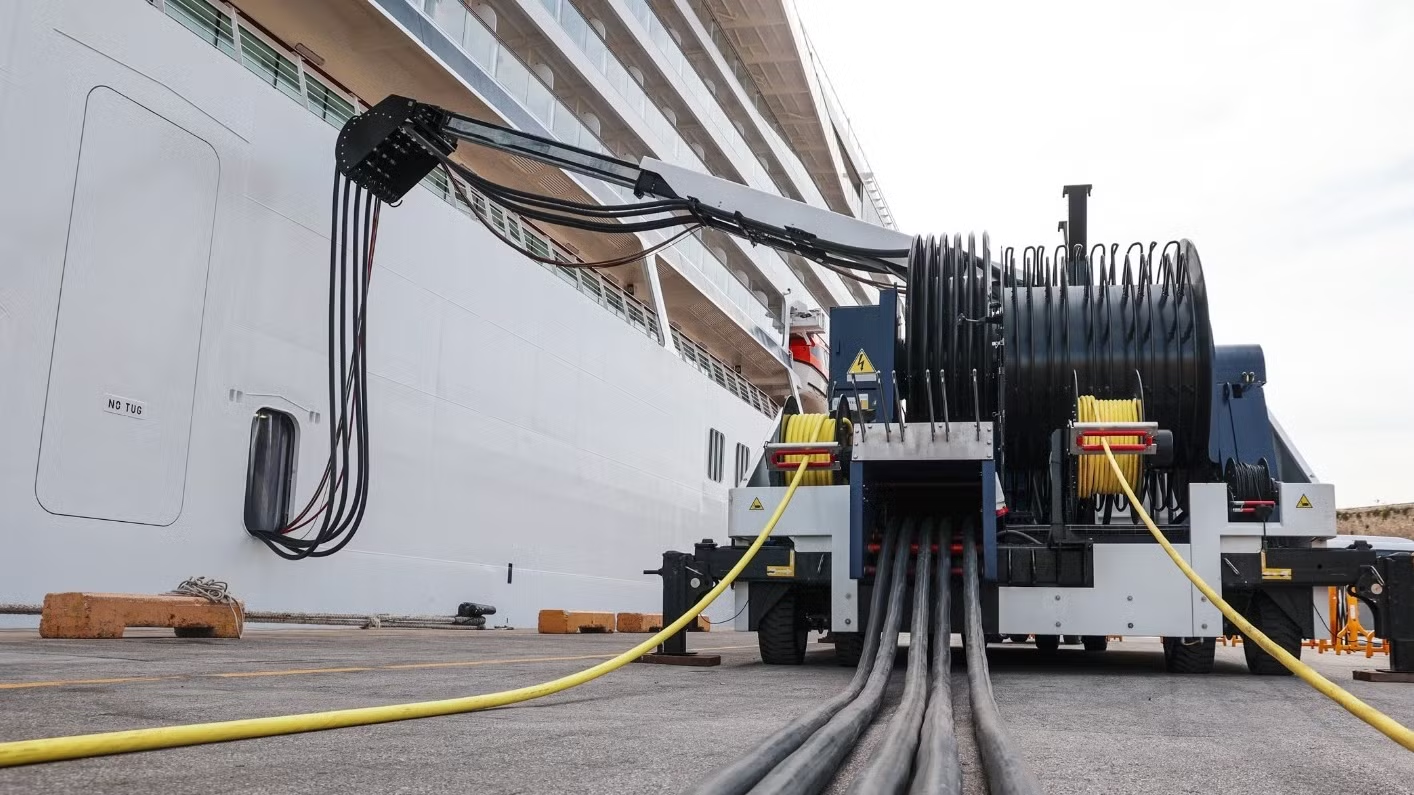INTERCARGO has expressed both concern and commitment following a pivotal IMO decision on greenhouse gas reduction measures.
During the Marine Environment Protection Committee (MEPC 83) meeting, from 7 to 11 April 2025, the International Maritime Organization (IMO) Member States assumed responsibility and agreed on a medium-term greenhouse gas reduction measure that differs from the levy-based approach INTERCARGO and industry partners have advocated for many years.
INTERCARGO is concerned about the complexity of the measure taken forward by IMO, disregarding calls for a simple, practical and therefore predictable, enforceable, and effective approach
… said INTERCARGO Secretary General, Kostas Gkonis.
INTERCARGO will continue providing constructive input to IMO as this work progresses, aligned with IMO’s ambition to achieve decarbonisation goals for international shipping as the global regulator.
Our industry needs global solutions that are transparent and simple to administer, especially for the small and medium-sized companies that form its backbone, rather than fragmented regional measures.
… said the Organization in a statement.
Nevertheless, INTERCARGO welcomes the progress made by Member States in reaching a decision at IMO. As the voice of the dry bulk shipping sector, INTERCARGO remains committed to supporting the IMO’s efforts toward a just and effective energy transition.
Despite these challenges, our Association remains committed to supporting the IMO process and its implementation. We will make every effort to help the industry progress toward the fair and practical transition required for international shipping and the dry bulk sector
… Gkonis commented.
Generally, the maritime industry’s sentiment following the MEPC agreement is mixed. While many see it as a positive first step toward decarbonization and a framework for future investment in clean fuels, others criticize it as falling short of the ambition needed to meet climate targets. Environmental groups and some industry voices expressed concern over weak measures, urging more decisive action to reach net zero by 2050.




























































